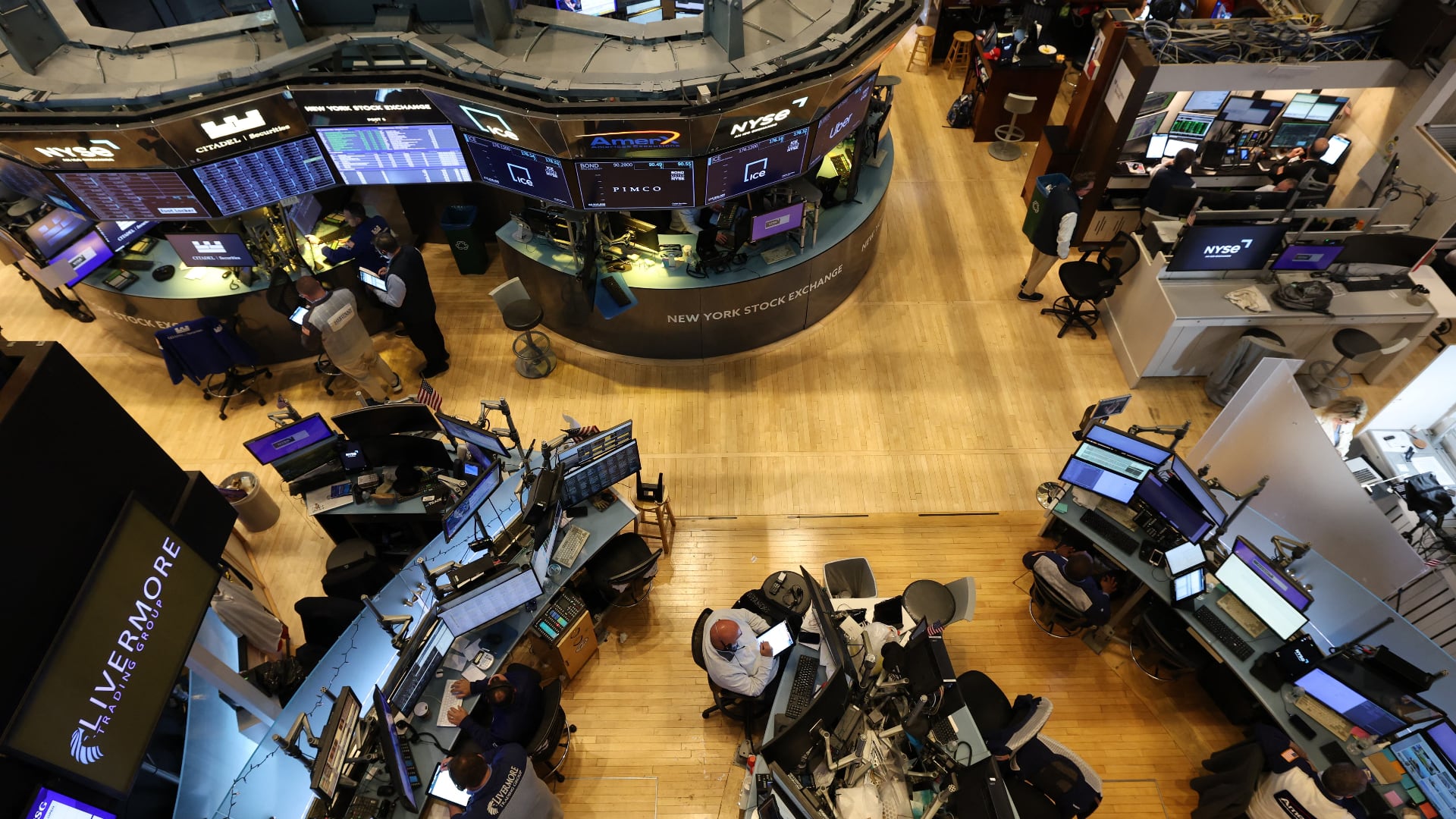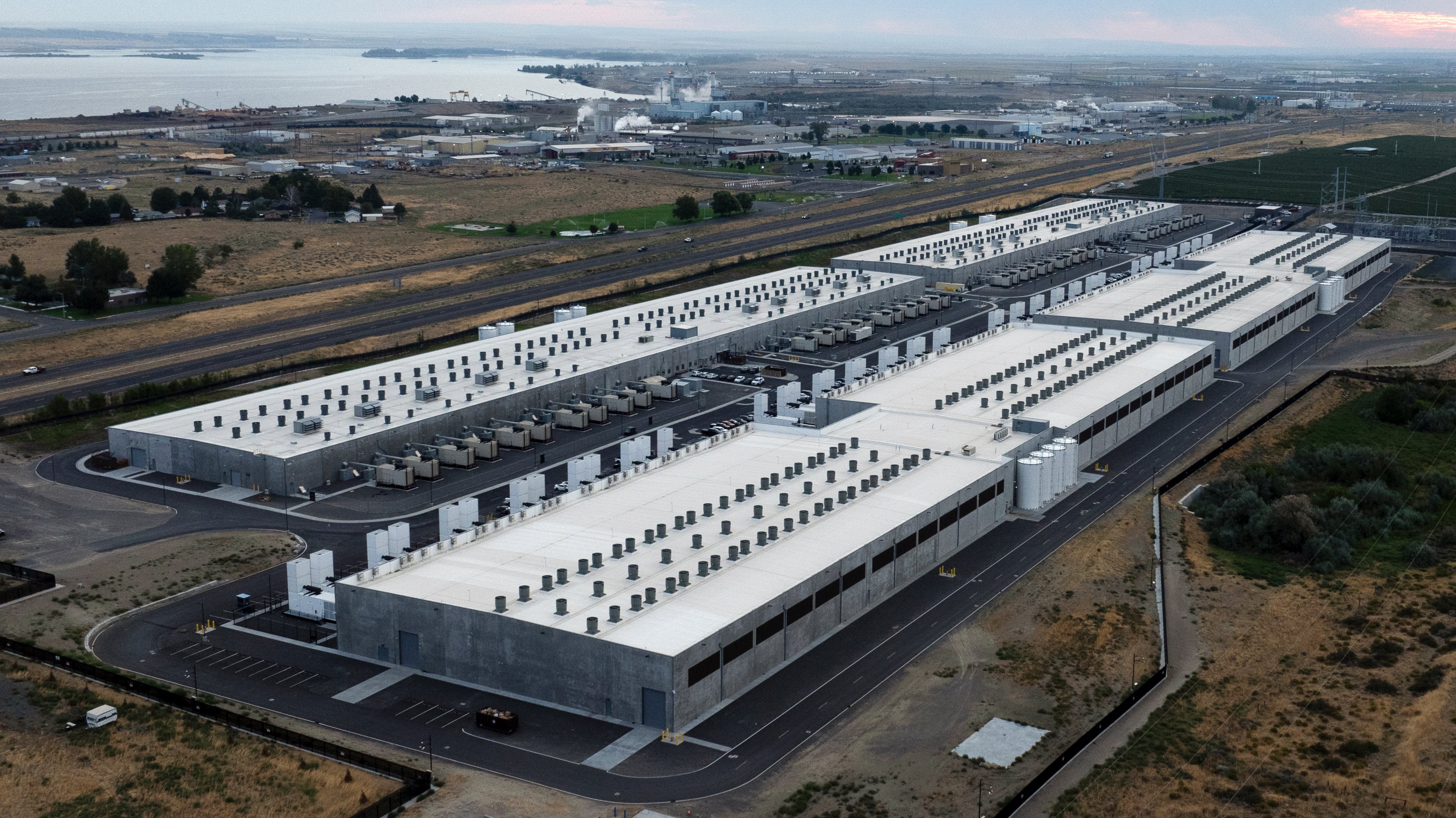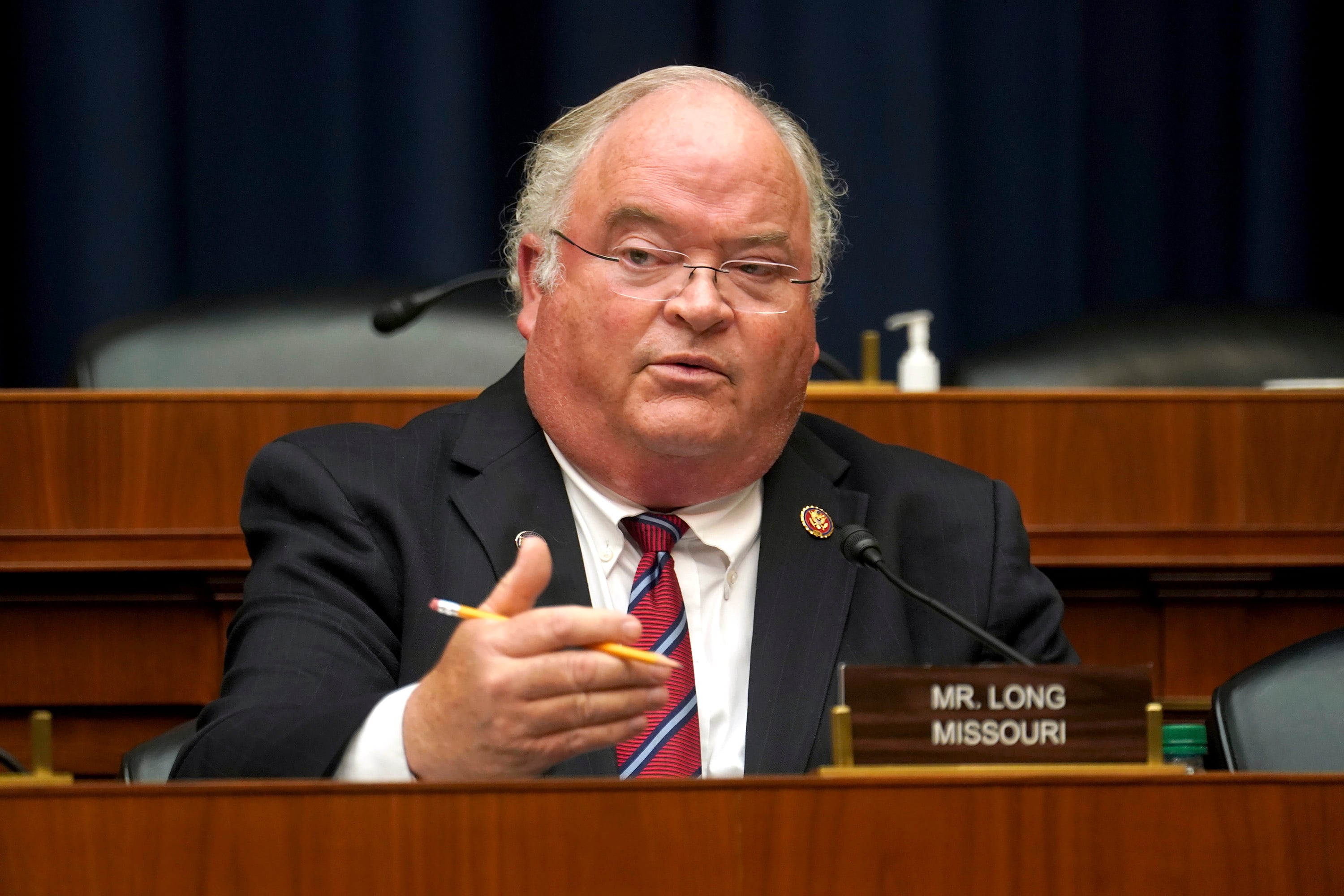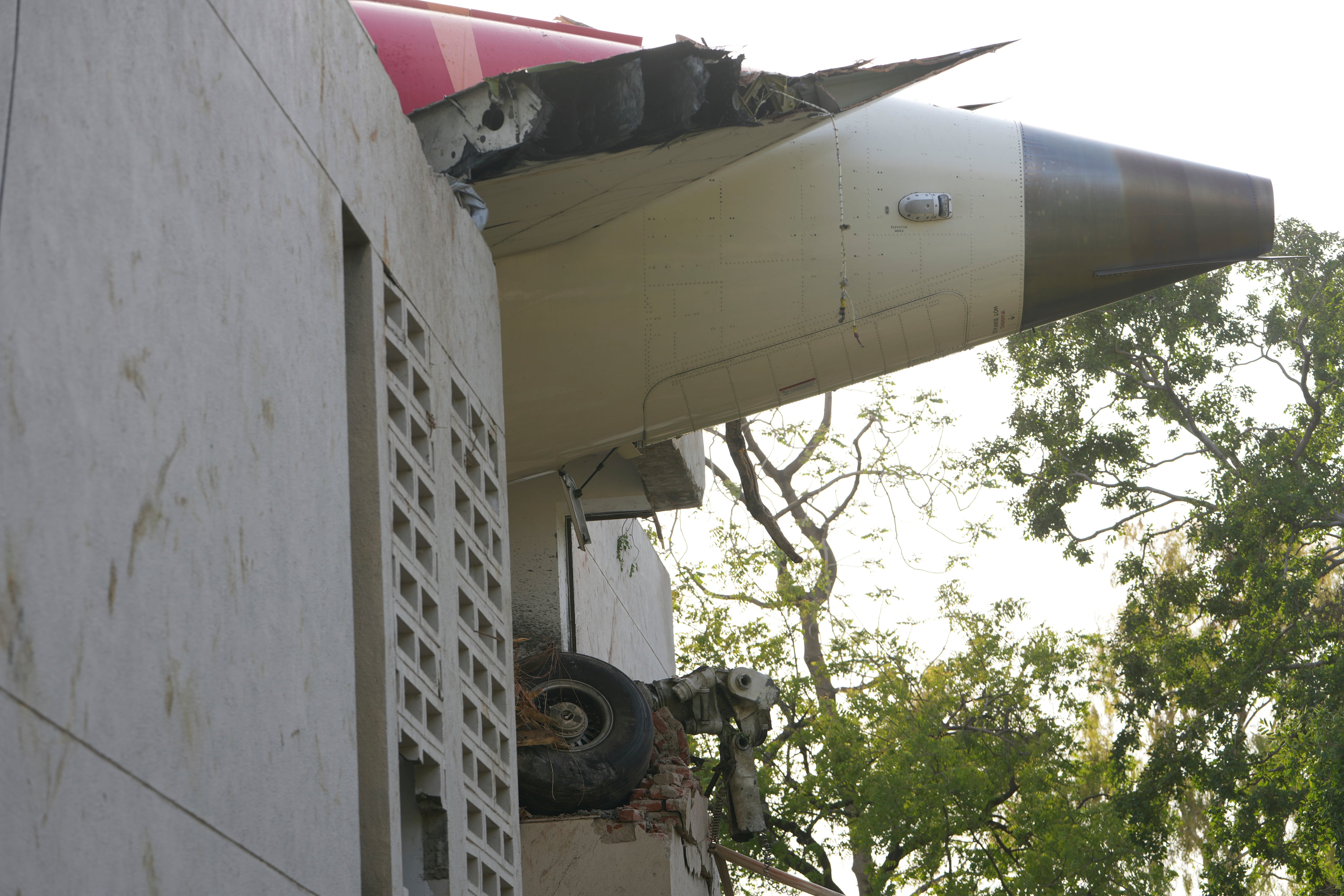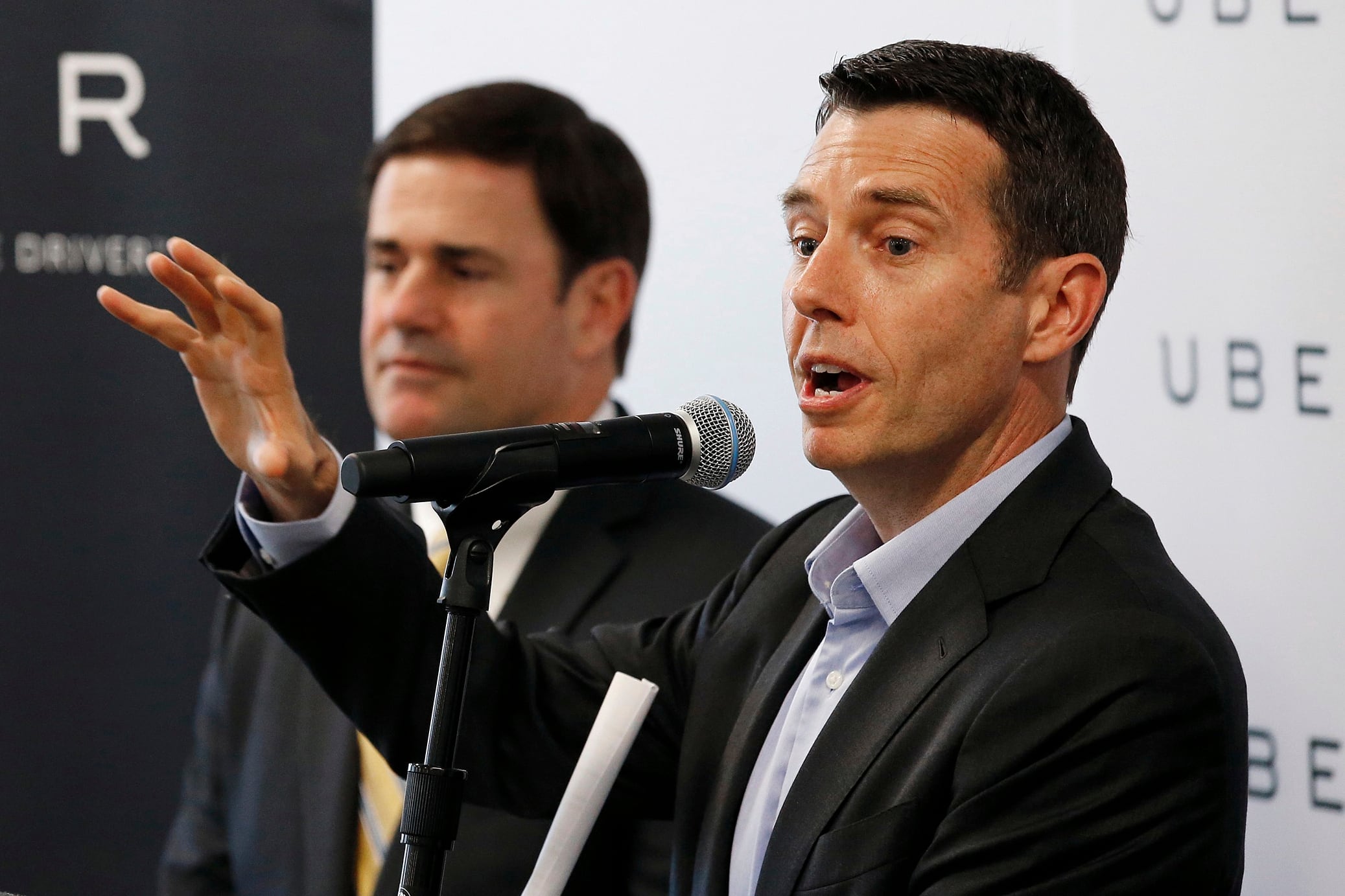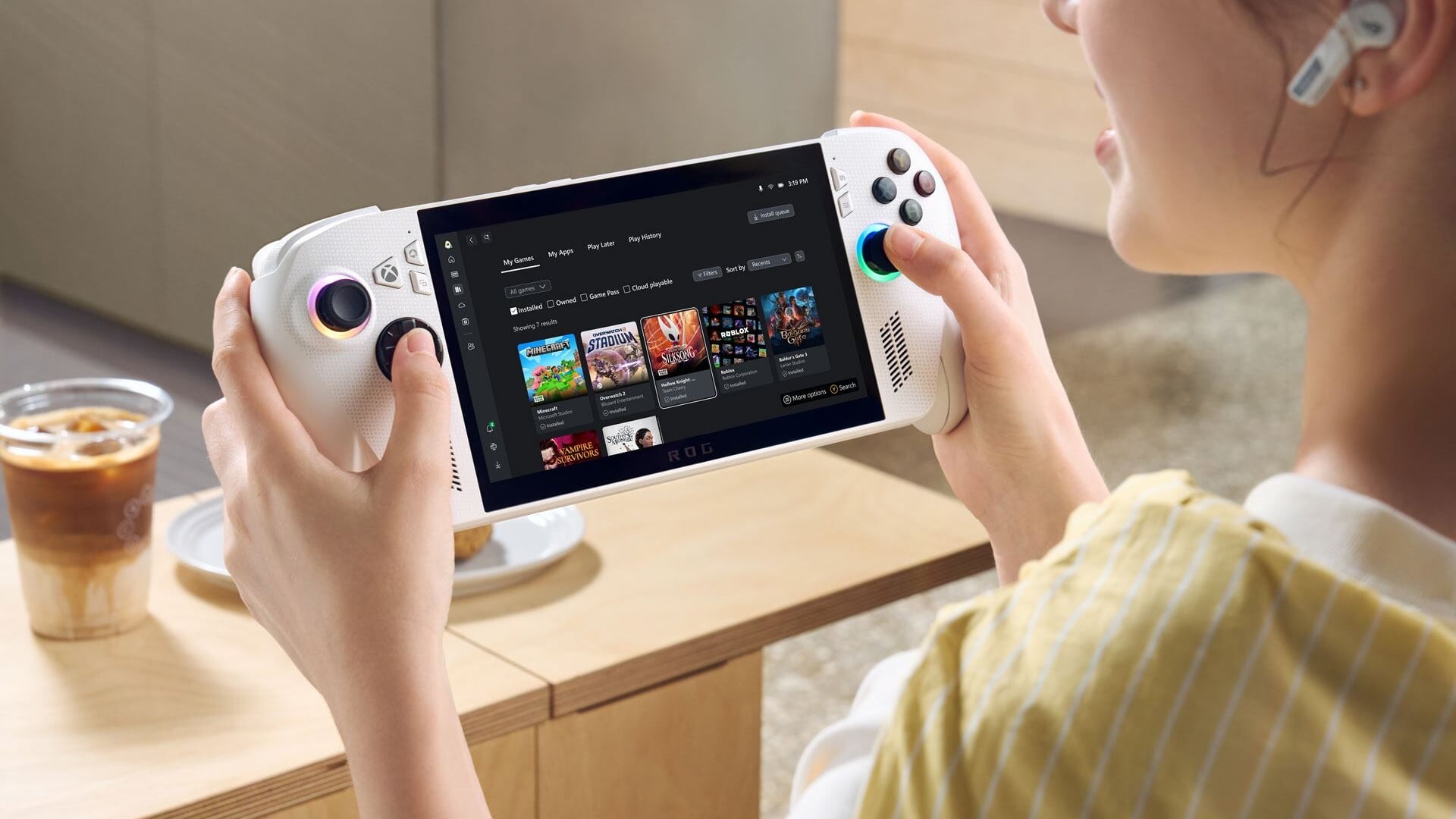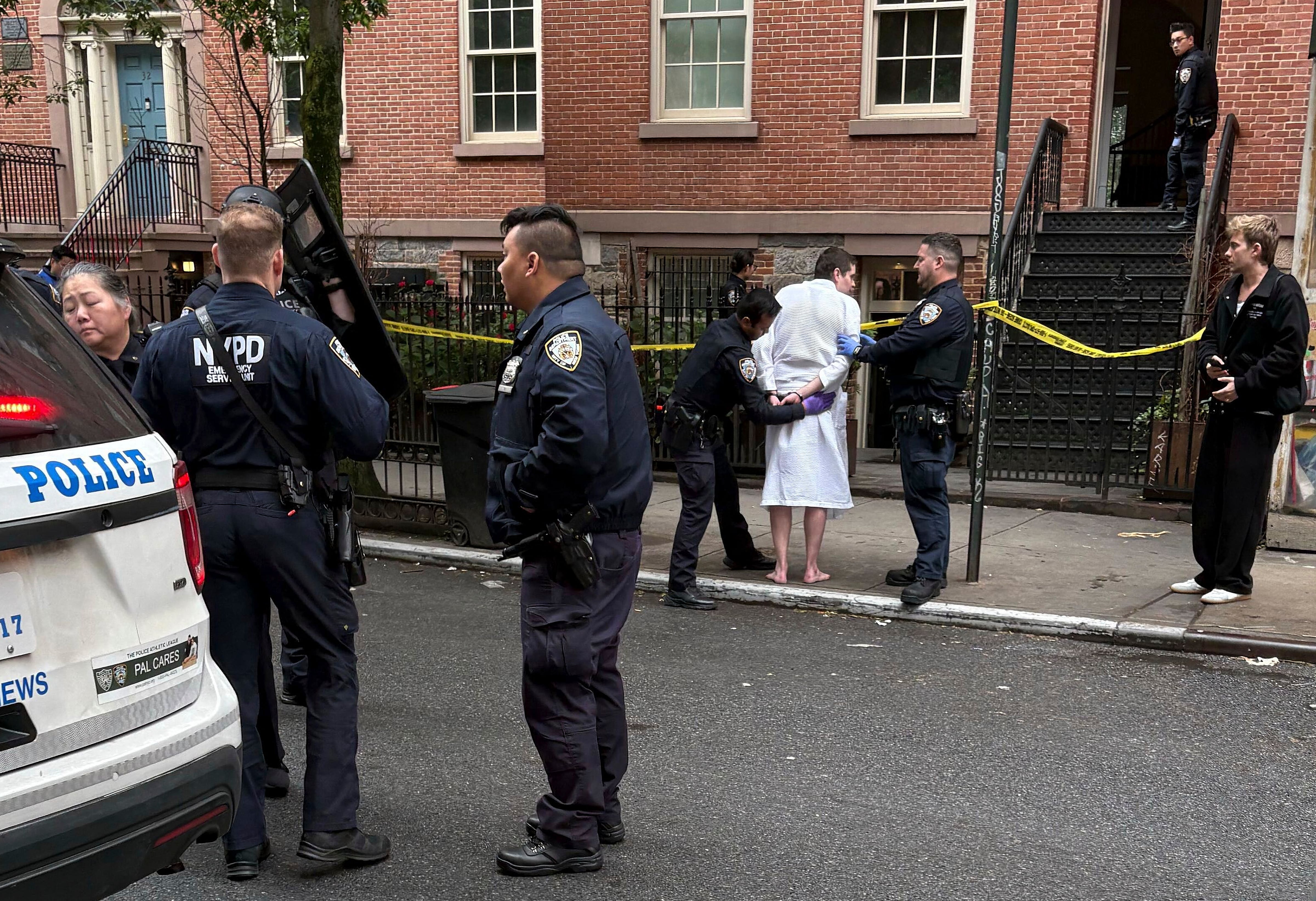*By Hope King* Sonos is coming to market at a tricky time. The high-end speaker maker will debut as a publicly traded company Thursday, when shares start trading under the ticker ‘SONO’ on the Nasdaq. Sonos hopes to raise up to $264 million in its IPO to fund growth, but there are plenty of potential issues that could make things difficult. To start, Sonos has a perception battle to fight, thanks to its predecessors in the consumer electronics category. Other one-product companies such as GoPro and FitBit debuted with flare, only to fizzle out as promised innovation disappointed and sales declined. To avoid the same fate, Sonos will have to contend with the quickly changing audio market. Consumer tech has become so commonplace these days you can buy headphones at the drugstore check out aisle and wireless speakers at airport convenience stores. So what makes products absolutely indispensable are the smartsーthe digital assistants. To that end, Sonos has partnered with Amazon and Google to stuff their technology into its devices, the Sonos One and Beam. But in its IPO filing, the company readily admitted that these relationships are one-sided: Amazon and Google could pull their assistants out at any time, rendering the speakers ‘dumb’ again. Imagine the potential consumer backlash there. And that's just half the problem. These deals don’t take into account plans by Amazon, Google, and Apple to build their own networks of speakers and devices, which means direct competition with the Sonos products that are integrated with their own services! One more potential snag: Sonos has to deal with the sheer economics of manufacturing. Outside of the usual supply chain issues that can threaten delays or cause complications, Sonos also has to deal with a potential trade war with China. The company cited those tensions as a possible risk factor in its SEC filingーSonos products assembled in China would fall under the 'data transmission machine' category of the U.S. government and be subject to additional import taxes. Sonos could also see increased prices on components down the line, costs it will either have to eat or pass on to its customers. Its customers, though, may actually present one very bright spot for Sonos’s future. If people have one Sonos device, it seems they’re likely to buy more. In fact, the company says 60 percent of its customers have more than one of its products and 25 percent have more than three. That kind of loyalty is what Sonos is banking onーthe company needs to keep customers coming back while also bringing in new ones. And if it can do that, investors may happy to go along for the ride.
